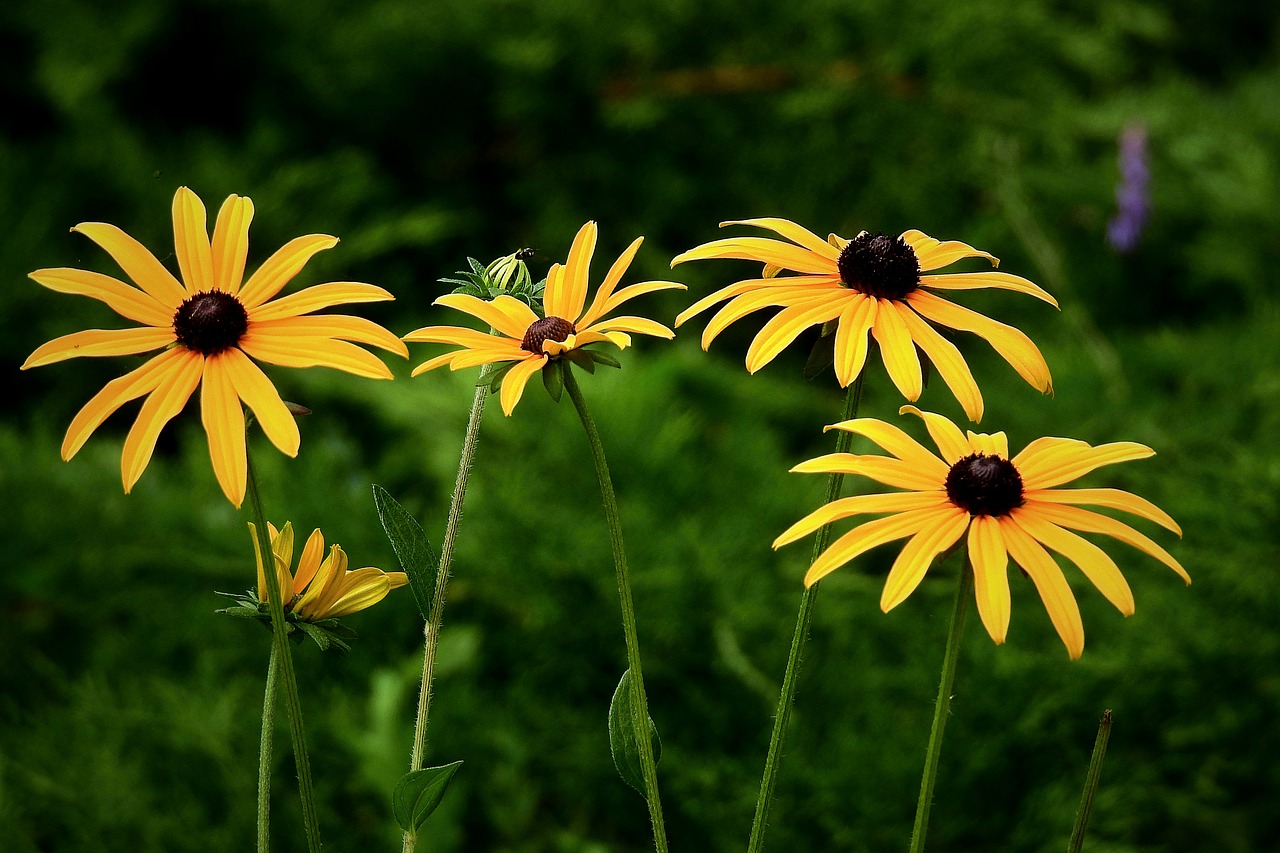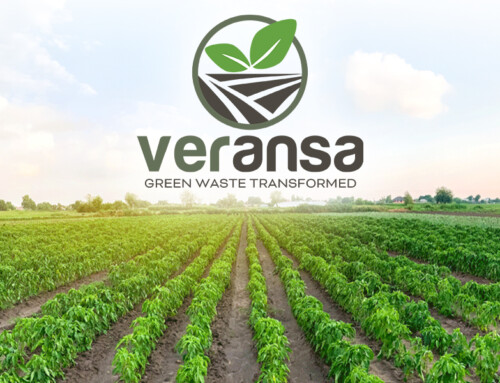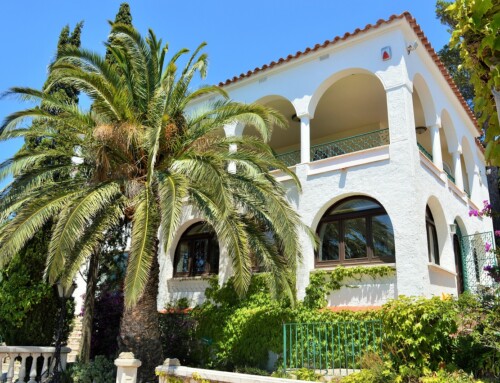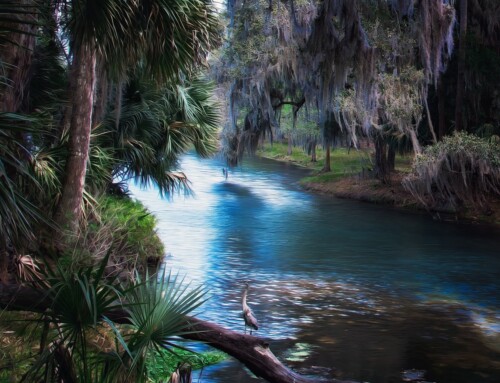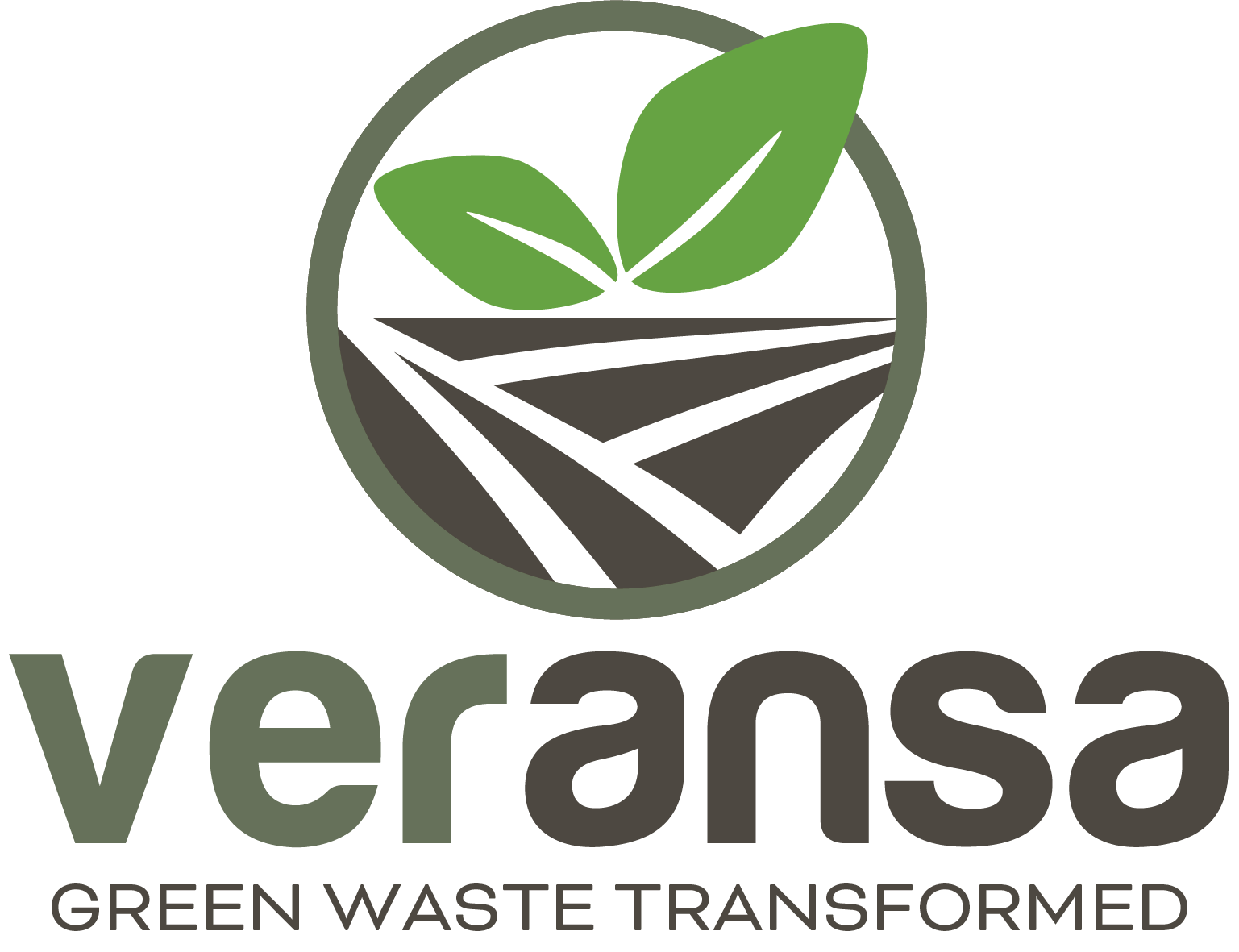In the last one hundred years, the growth of urban areas has transformed Florida’s ecologically productive land into neighborhoods with lawns, parks, playgrounds, and golf courses. Often, these areas are decorated with exotic ornamental plants that are non-native to the area. In fact, in all the United States has lost a remarkable 150 million acres of natural habitats and open land to urban sprawl, and the trend continues to this day. Sadly, a landscape dominated by humans does a poor job of supporting functioning ecosystems and wildlife. For this reason, a return to native planting, both in commercial and residential environments, is critical to the sustainability of our ecosystem.
What are Native Plants?
Native plants are defined as those that naturally occur in the same region in which they evolved.
Native flora is integral to the ecological system in ways that most people do not understand. Without the right flowers and trees, certain insects cannot survive. Without the insects they survive on, birds and small cannot flourish. When alien species from other countries are introduced, they disrupt the food web and often outcompete native species – resulting in a deteriorating habitat even in those areas that are still undeveloped.
Landscaping choices have significant effects on the local bird and insect population, meaning that residents, landscapers, and local municipalities should select plants that will cultivate a natural ecosystem that will benefit every living thing, from the smallest to the largest.
Check out a list of Florida native plants here.
Top Benefits of Native Landscaping Choices
- Low maintenance: Native plants evolved in a specific climate and ecosystem, and they thrive in that environment. Once established, native plants typically require far less maintenance, as they glean what they need from their surroundings and the natural soil composition.
- Natural beauty: Here in Florida, many of our native plants produce gorgeous, showy flowers, ample fruits and seeds, and vibrant colors. Those looking for brilliant landscaping choices do not need to look any further than Florida native plants.
- Health for humans: Lawns and over-processed landscapes are well-known for requiring excessive amounts of synthetic and chemical fertilizers, pesticides, and herbicides. The average residential lawn has been exposed to 10x more chemical pesticides on average than farmland. By selecting native plants that do not require these chemicals to survive, a healthier environment for humans is the natural result.
- Climate defense: Landscaping with native plants – whether on golf courses or residential front yards – can fight against the effects of climate change. Many native plants, especially trees like oaks and maples that have significant longevity, are efficient at collecting and storing greenhouse gases.
- Water conservation: Because they thrive in the local environmental conditions, Florida native plants need significantly less water to grow and thrive. This is especially important during drought season but is always top of mind for environmentalists.
- Wildlife habitats: In addition to cultivating essential environmental habitats for birds, many other wildlife species benefit as well. Butterflies and moths, including swallowtails and monarchs, are each dependent on specific native plant species that also provide nectar for hummingbirds, native bees, and bats. These plants also offer protective shelter for many animals, and their nuts, seeds, and fruits produced are essential nutrition for native wildlife.
Premium Turf and Soil Support the Environment
At Veransa Group, we believe in providing the highest quality, natural mulch, compost, and premium turf that supports the local environment by conserving water and naturally suppressing weeds and insects. By eliminating the need for chemicals and synthetic ingredients, Florida home and business owners can contribute to the health and vitality of the local environment. To learn more about Premium Turf and our full inventory of organically derived products, click here.

